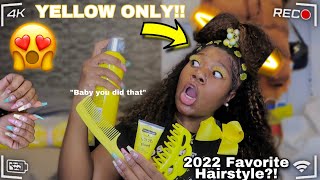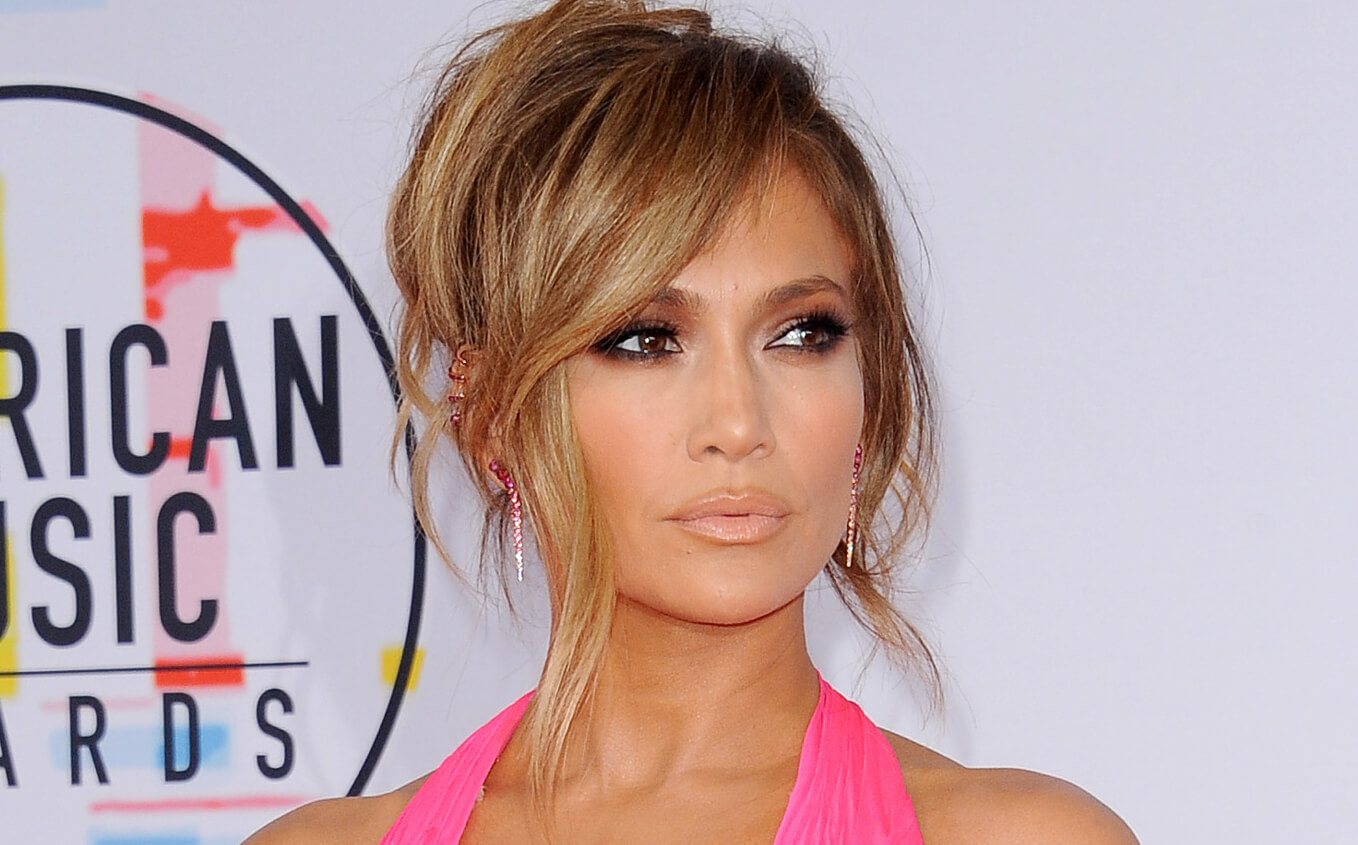My 4 Best Ingredients To Look For In A Hair Conditioner

In a hair world where practically every product promises great things for your hair, how do you choose what’s right? The hair aisle can be a girl’s biggest nightmare because there are so many options that, left up to each company’s marketing strategies, vow to do the same thing.
Getting wooed by promises of longer, stronger, softer hair is a huge trap when not paired with little understanding of ingredients and what they do. Especially when said promises are written in bold, can’t-be-missed lettering and the ingredients are pushed to the back of the bottle in fine print.
It becomes easier to believe the bottle rather than deciphering for ourselves. What’s worse, the ingredients have such long scientific names that deciphering them turns into an instant migraine.
One of the biggest disasters that ever happened in my hair journey was caused by my lack of product knowledge. I didn’t really grasp the concept of protein and moisture and just went off of what the labels promised me.
I gave my hair too much protein and it was a hot, brittle mess. I chalked it up to my hair just not liking that particular conditioner, but later down the road I realized what the real issue was. Hindsight is indeed 20/20.
The good news is that it’s normal to fall victim to this. The even better news is that you don’t need to don a lab coat to gain a basic understanding of what you should be looking for in your hair products.
With just a little research of your own those long names can become familiar to you. Also, a lot of companies put the ingredients common name in parenthesis next to it, making it so that you’ll only have to know what the product does generally and not memorize its chemical name too.
It will be a huge relief seeing things like shea butter*, jojoba oil*, etc there in those little parenthesis and thinking “Hey, I know what that is!”.
Once I got a basic understanding of the common ingredients in hair products and starting taking note of them in the products I used I was able to filter out what my hair responded to the best.
Now, when I’m in the market for a new product I can quickly scan the ingredients and figure out if it’s something that will work for me. Not only does this make life much easier, but it also keeps my wallet fuller which is a college girl’s dream.
This is probably starting to sound something like a fairy tale and we all know life does not work like that. I will have you know that the road was far from easy and in my quest to learn ingredients I have tried a ton of different products.
I still have bottles full of conditioner that I have only used once and every year before moving out of my dorm I’m always looking for people to take stuff off of my hands; it’s that bad.
On a brighter note, this has afforded me wisdom which I can now share with you all. So, here’s the list of my top four ingredients to look for in a conditioner:
 **Water
**Water
Duh. I am not going to count this one as my official top four because that would almost be cheating, but I do want to stress the importance of water in your hair conditioners.
It should be in your products to do its magic from the outside, but you should also be consuming it to do its magic from the inside. Water is usually the first or second ingredient in moisturizing products so be sure to look to see if the product is worthy of your tresses.
Okay, now on to the real list, they are not in any particular order.
1. Glycerin (glycerol, vegetable glycerine)
Glycerin is a humectant that can be found in a lot of moisturizing conditioners. Humectants are touted for their ability to absorb moisture from the surrounding air and into your hair.
For those of us in humid weather like Florida this may not always be a good thing because of the frizz factor. On the flip side, if you are in a dry climate the glycerin will actually strip your hair of moisture because it can’t get it from the outside.
However, in non extremes, glycerin can provide great benefit. In addition to pulling in moisture, it also works to seal moisture in. Because of this I love conditioners with glycerin in them.
2. Hydrolyzed Silk Protein
Usually I am not an advocate for protein. I guess you could say I’ve been scarred. However, the benefits of hydrolyzed silk are pretty plentiful. Not to mention, my hair loves it!
If you are looking for shine silk protein can help you get it. First, proteins found in conditioners are usually listed as “hydrolyzed” which just means they’re broken down so that they will better penetrate your hair.
Silk protein also helps to form a barrier on your hair which will make it stronger and allow it to retain more moisture. It is the protein of choice for those who think that they may be protein sensitive.
3. Cetearyl Alcohol
This one may throw you off because of the world “alcohol” which inherently is supposed to be bad for your hair. However, I’ve come to tell you that there are a few alcohols that can actually help your hair and this is one of them.
Cetearyl alcohol is in nearly all of the conditioners that have worked well for me. It is a fatty alcohol that basically provides the slip you need to detangle when conditioning.
4. Coconut Oil*
I am obsessed with coconut oil so when I find it in conditioner it is a must for me. The benefits of this magic oil could circle the globe, but I’ll stick to conditioning factors.
Coconut oil* is an emollient, which basically means it makes things softer. To take it one step further, what sets coconut oil on a different level is that it can actually penetrate your hair shaft. That is uncommon of other oils, plus, it smells great too!
Another important factor is that it has been shown scientifically to prevent damage to hair during grooming. That is reason enough to love any conditioner containing coconut oil!
Summary
There you have it; that’s my list of must have ingredients in conditioners. The great thing though is that we are all very individual in tastes and preferences so your 4 best ingredients are very likely to be completely different from mine. You will find that favorite ingredients will vary with different textures and hair density too.
For instance for those with coarser, drier textures may prefer to have thick oils like shea butter* or castor oil* in their conditioners while those with finer, low density strands will prefer lighter oils like sunflower oil* or macadamia oil. In essence, it’s all relative.
It is pretty common for ladies to add individual ingredients to a conditioner that you may feel is lacking in order to amp it up a little. A spoonful or two of glycerine or oil to a dud conditioner could mean that you are able to make use of a product that you would otherwise have tossed out.
What are your best ingredients?




